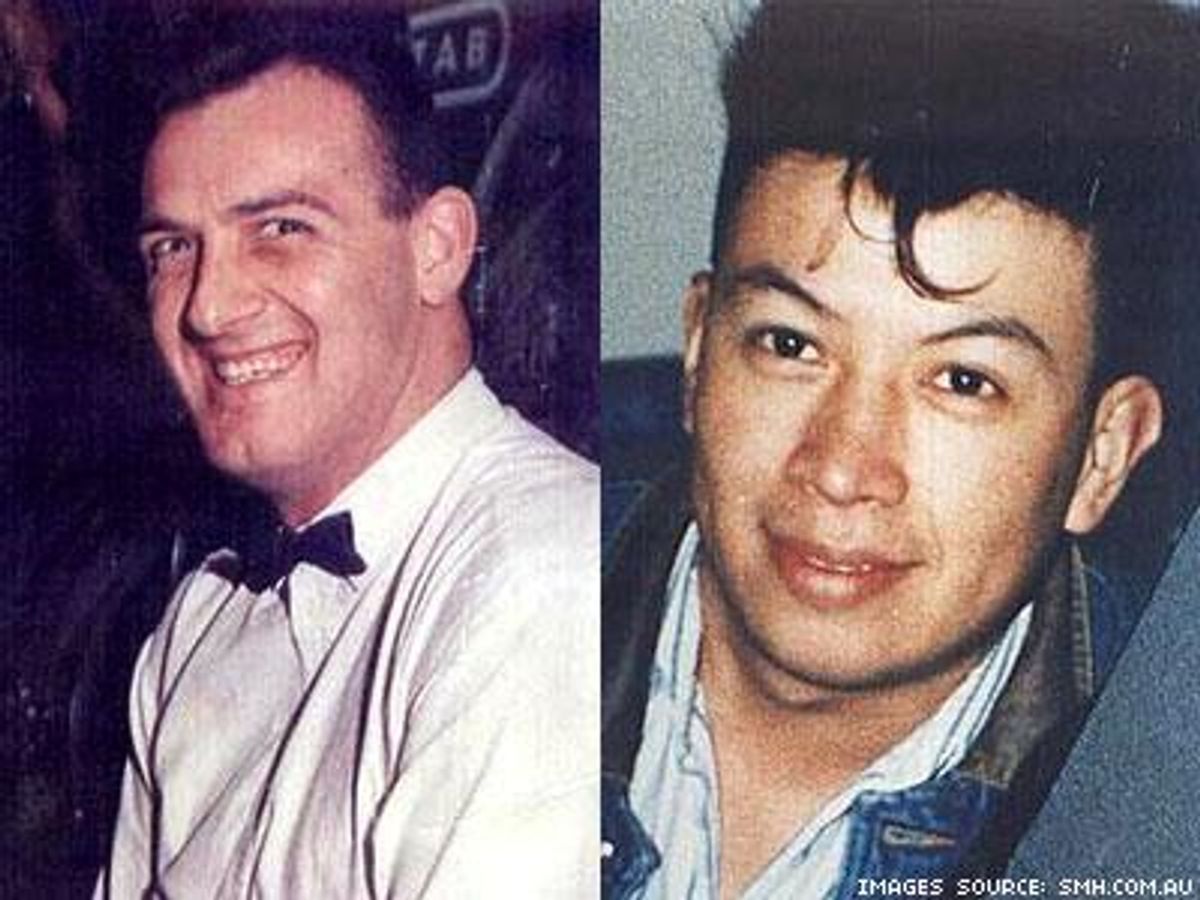Yesterday, the Associated Press reported a new and unfortunate twist in a decades long case involving the killing of an HIV-positive man in Sydney, Australia. In 1991, at the height of the global AIDS crisis, a Tasmanian man Paul Darcey Armstrong, then 28, met Filipe Flores, 27, in a park for a pre-arranged sexual encounter. Afterwards, as the two men were lying on the grass, Flores allegedly admitted he was HIV-positive to Armstrong, who them brutally attacked Flores, causing ruptured organs, broken ribs, and other major injuries. Armstrong dragged the victim, still naked, to a secluded spot in the park where Flores was found dead an hour later.
The case went unsolved for nearly two decades until 2008 when DNA evidence retrieved from under Flores' fingernails implicated Armstrong as the perpetrator. Armstrong was subsequently convicted of murder and sentenced to 17 years in jail with no chance of parole for nearly 12 years.
Last year, however, the courts overturned Armstrong's murder conviction on appeal. During a retrial this April, Armstrong plead guilty to the lesser charge of manslaughter. Armstrong justified his appeal by claiming he was provoked into violence by Flores's admission of his HIV status, what they argued was a a devastating revelation given the global community's fear of AIDS in 1991.
Justice Christine Adamson, who presided over the decision, sentenced Armstrong to only 13 years with a non-parole period of nearly 10 years, saying that she was not convinced of Armstrong's sincerity.
"Mr. Armstrong did not inquire as to [Mr. Flores'] HIV status," Justice Adamson argued, according to The Sydney Morning Herald's court reporter Paul Bibby. "Although infection by the HIV virus was potentially fatal, it was a risk that Mr Armstrong was clearly willing to take, given his cavalier attitude to sex."







































































